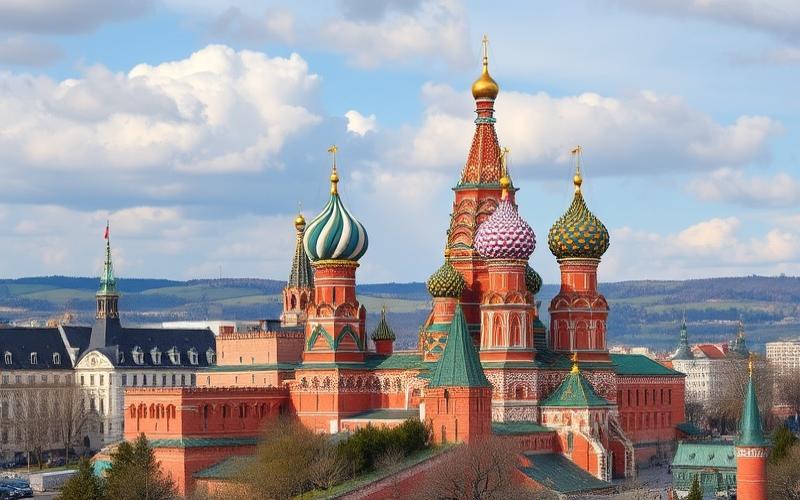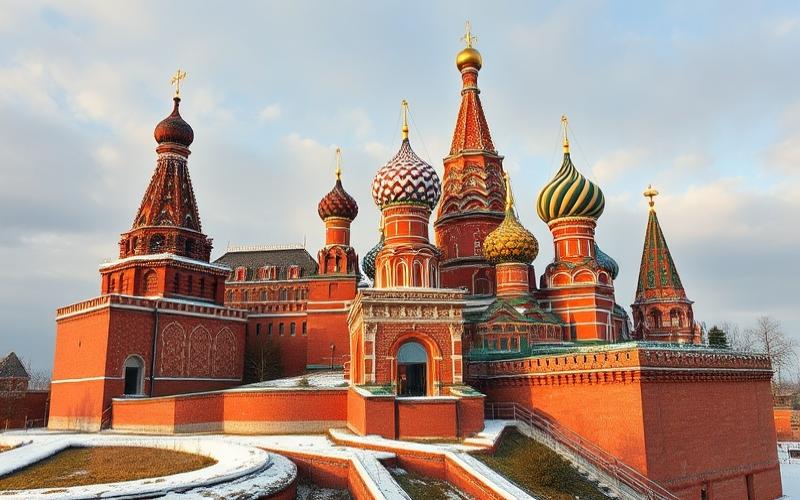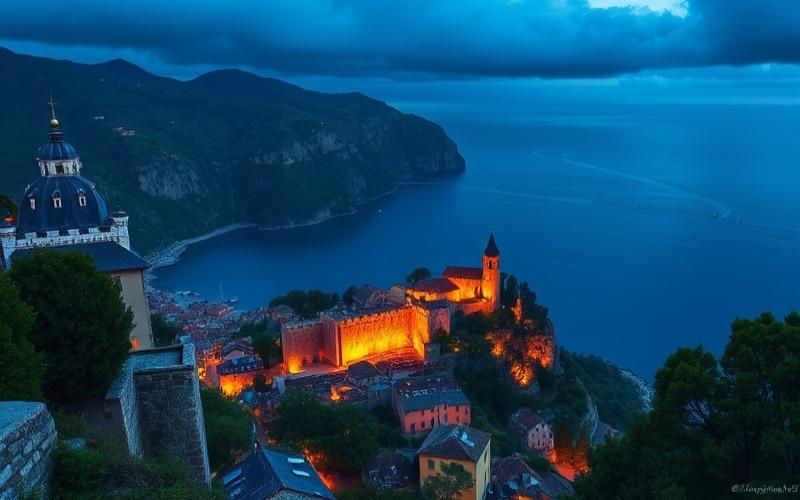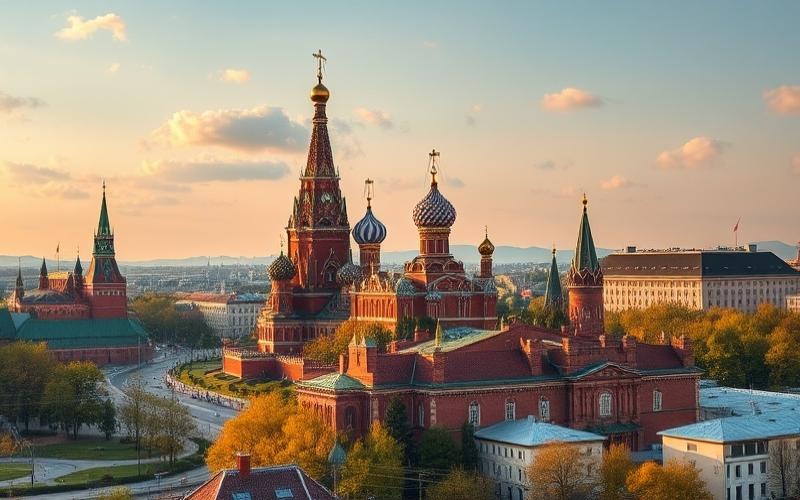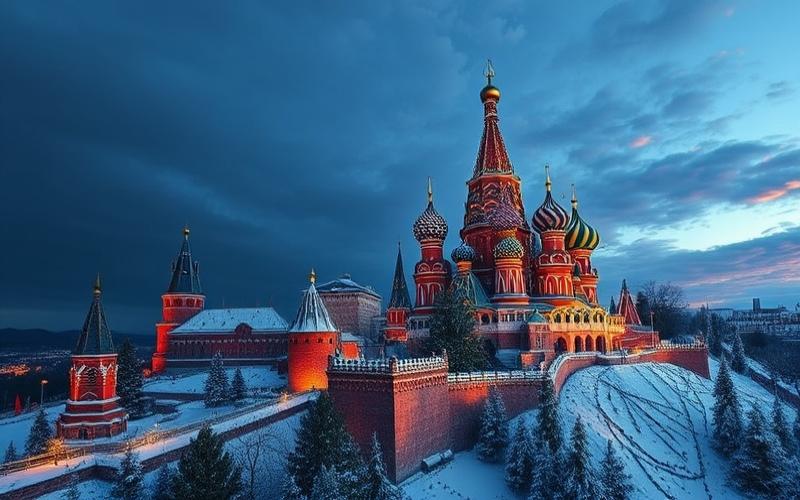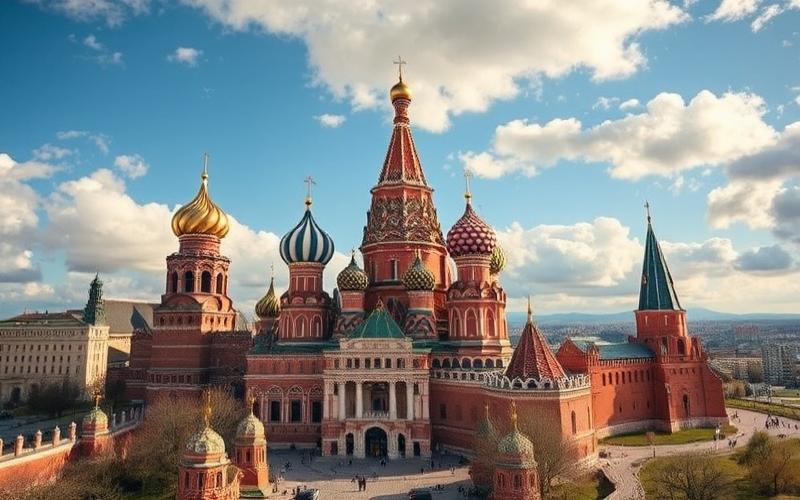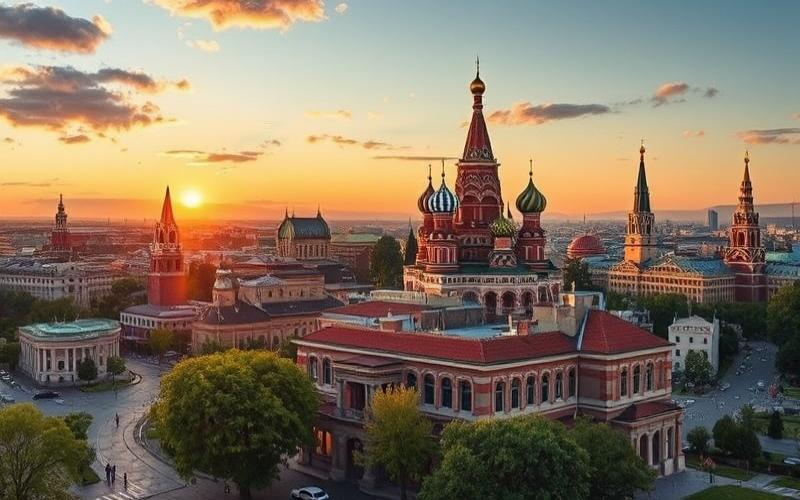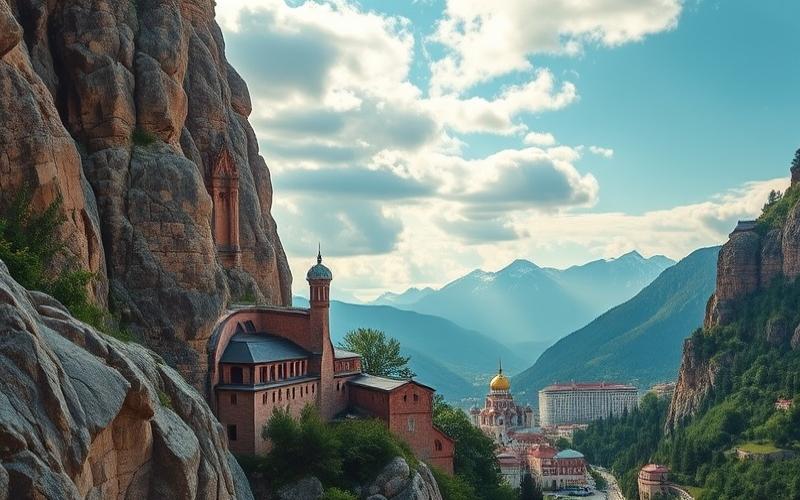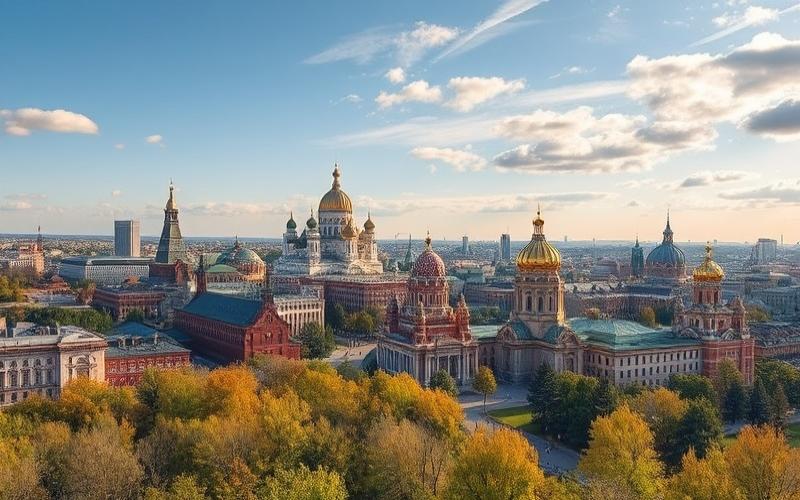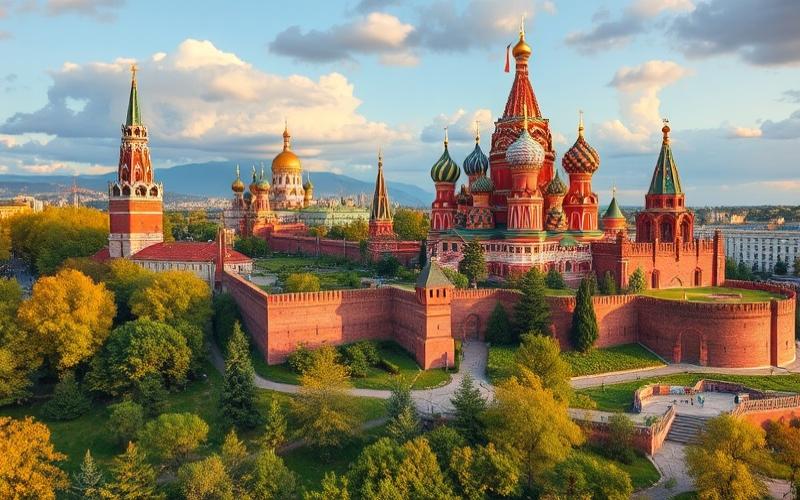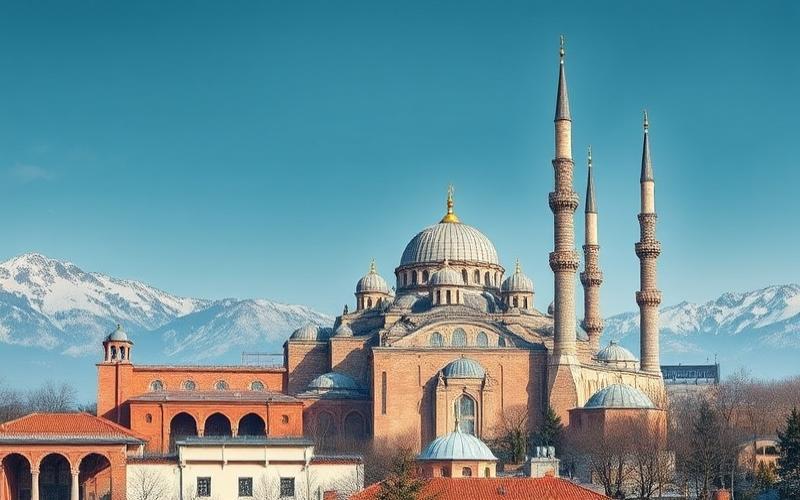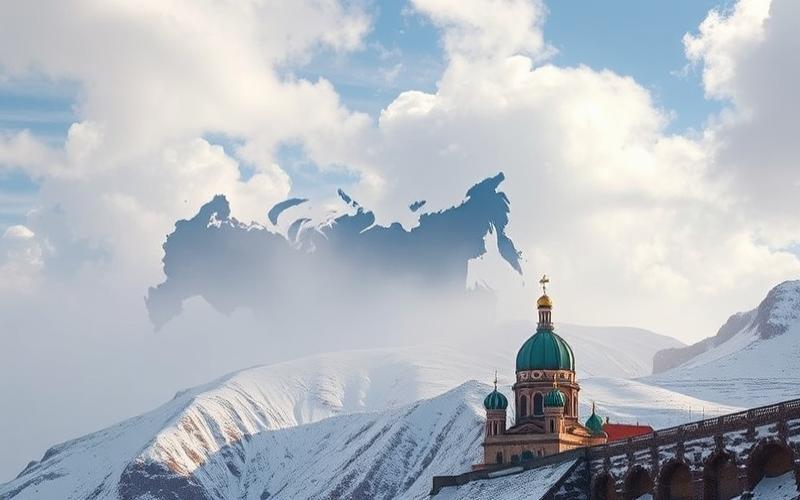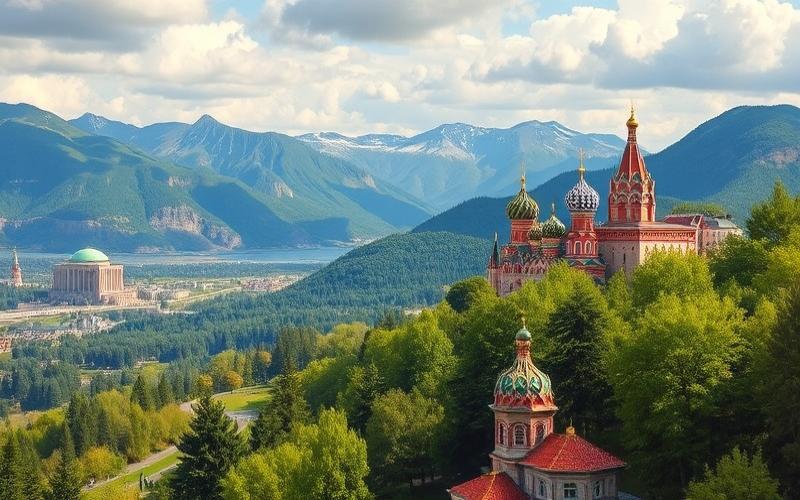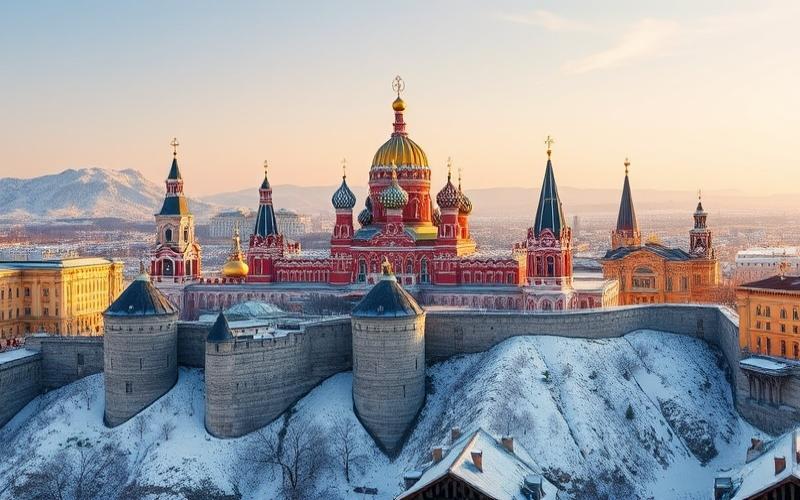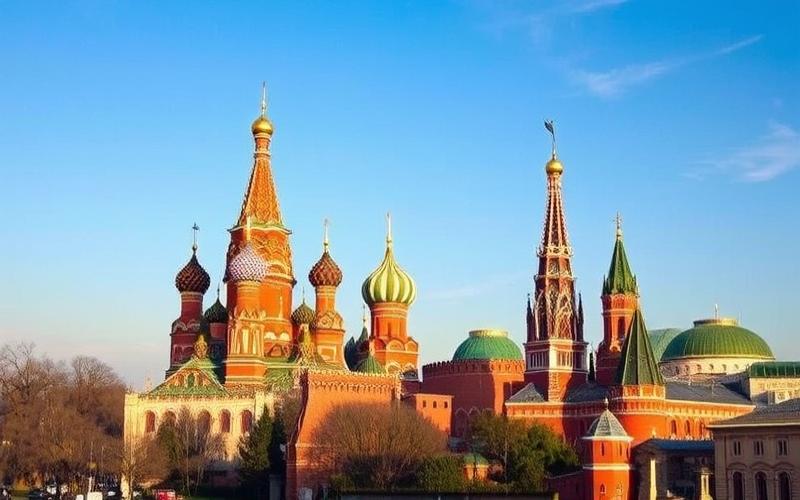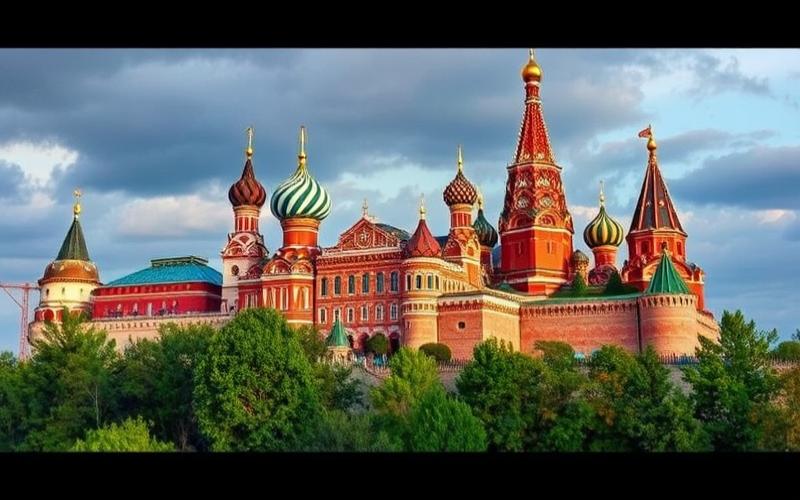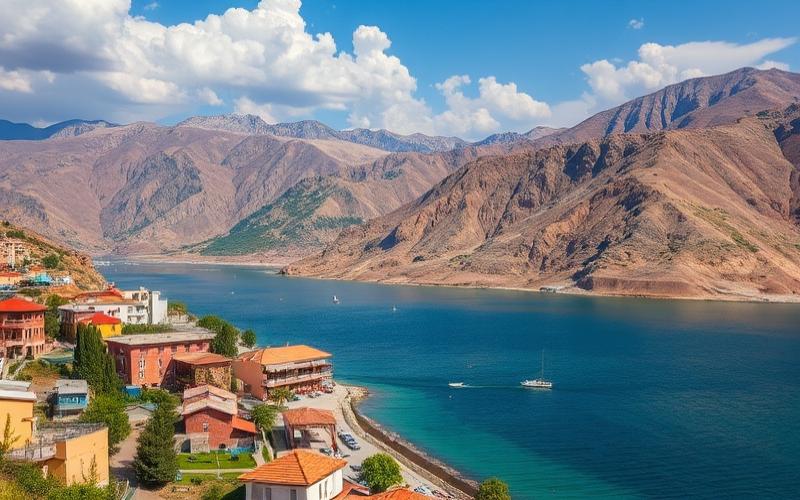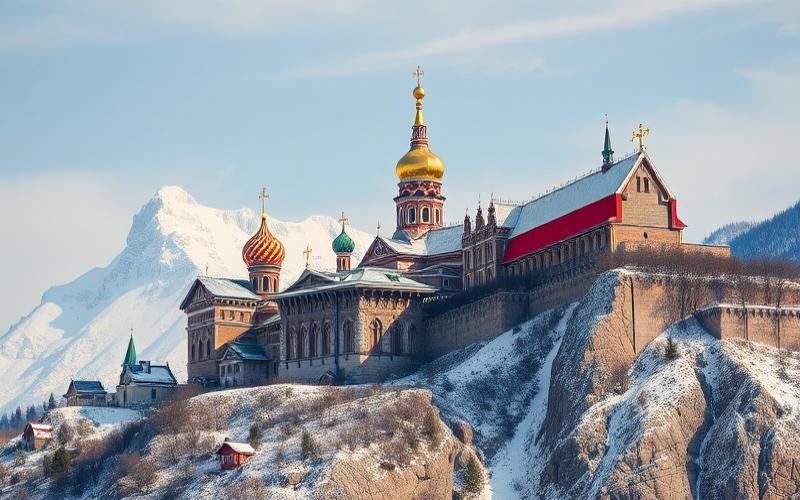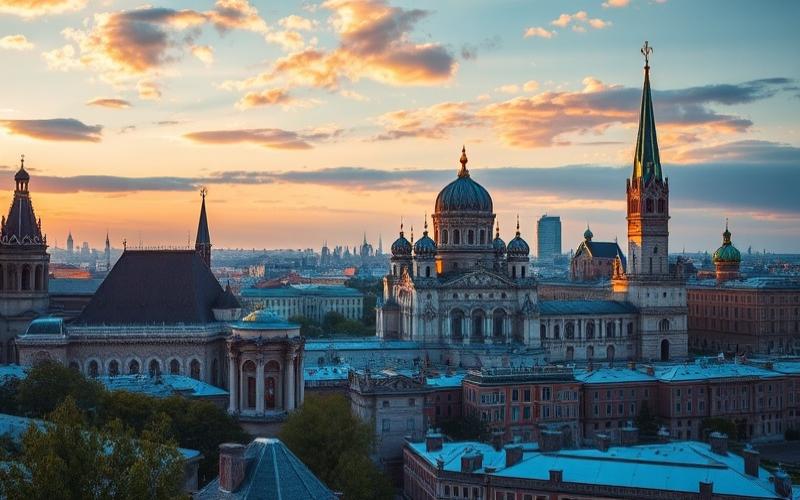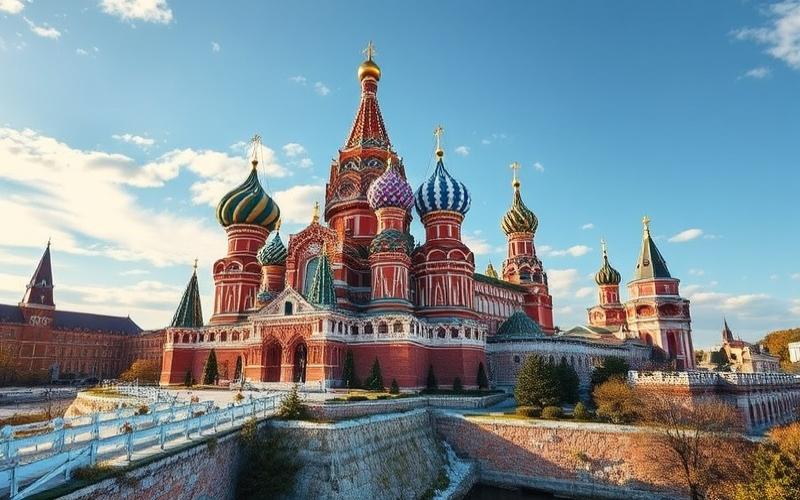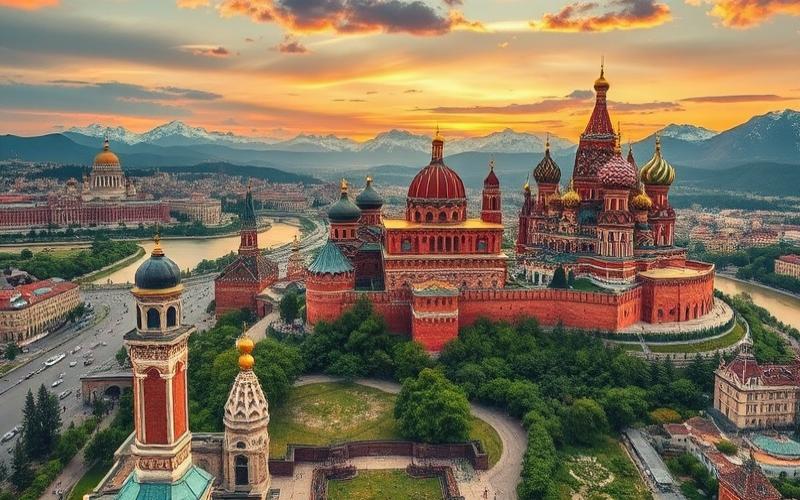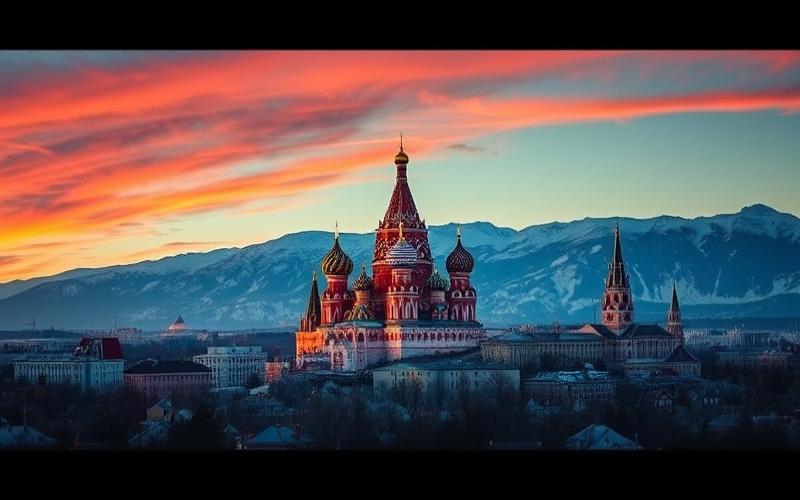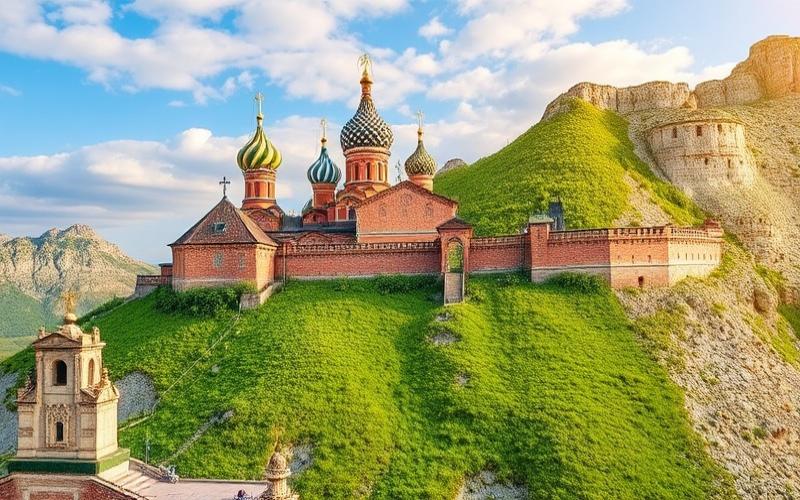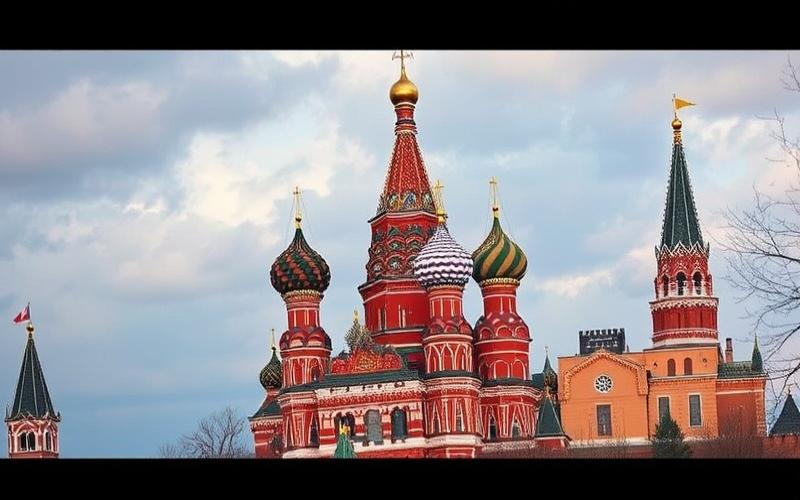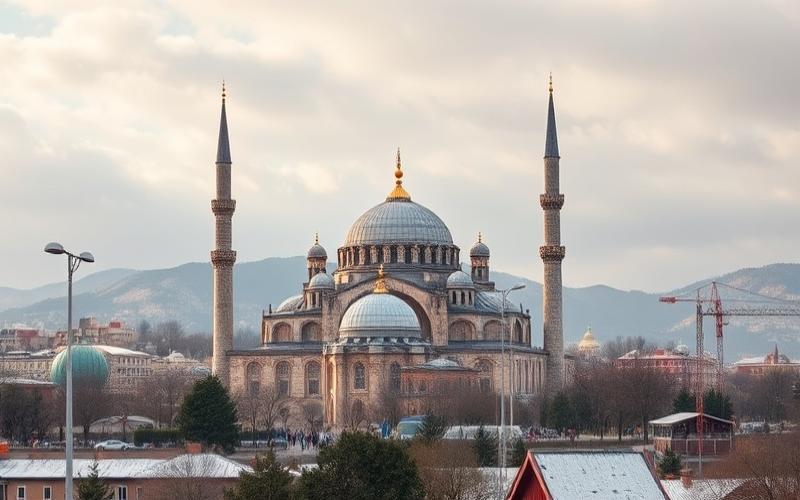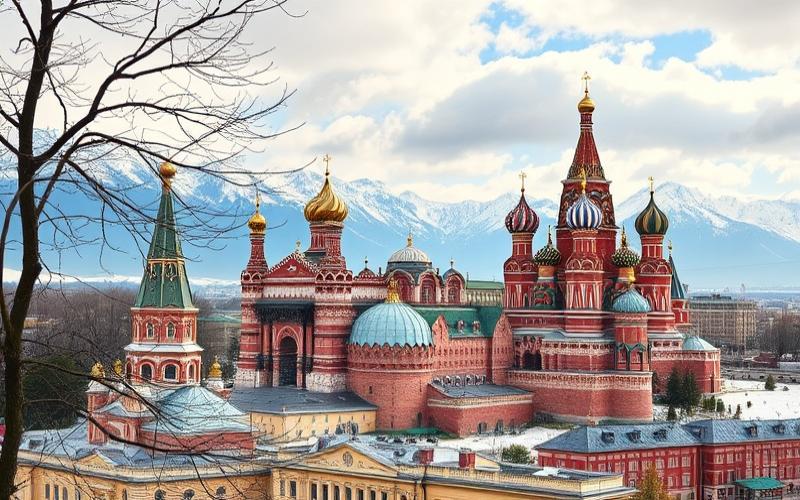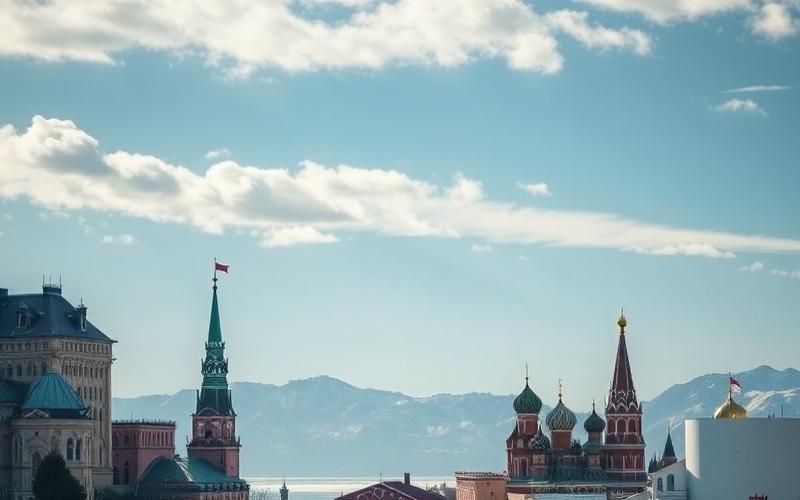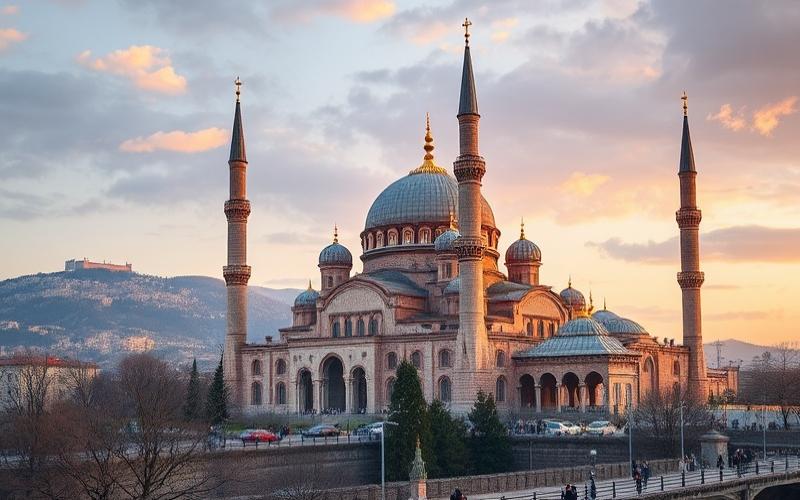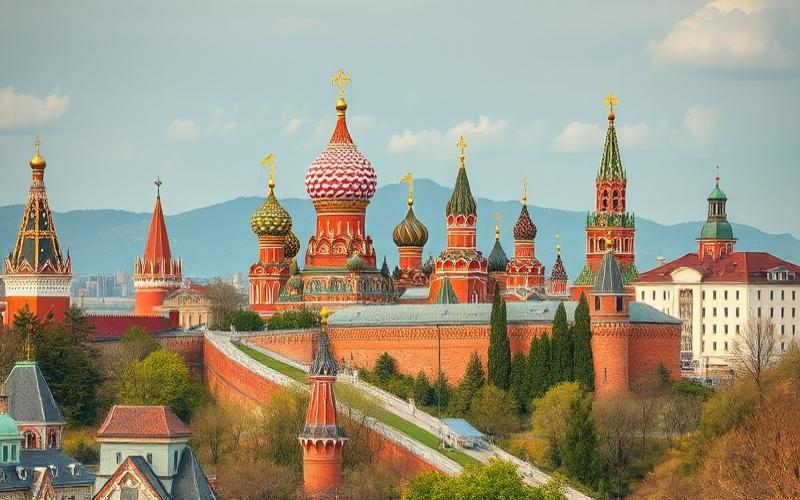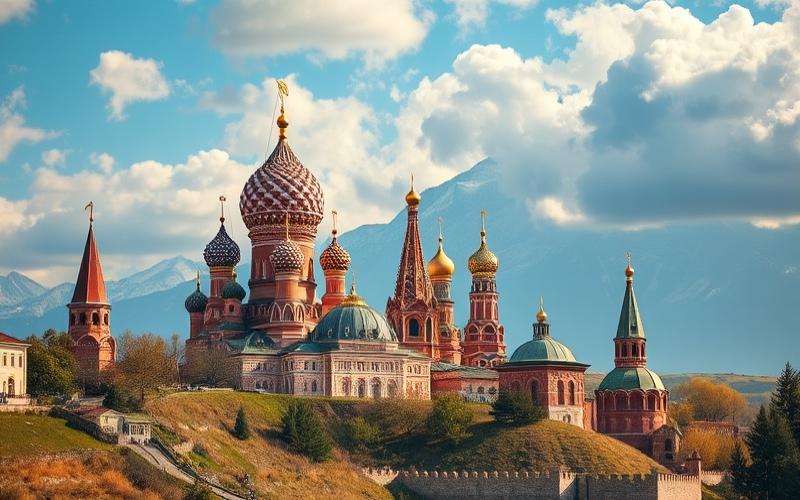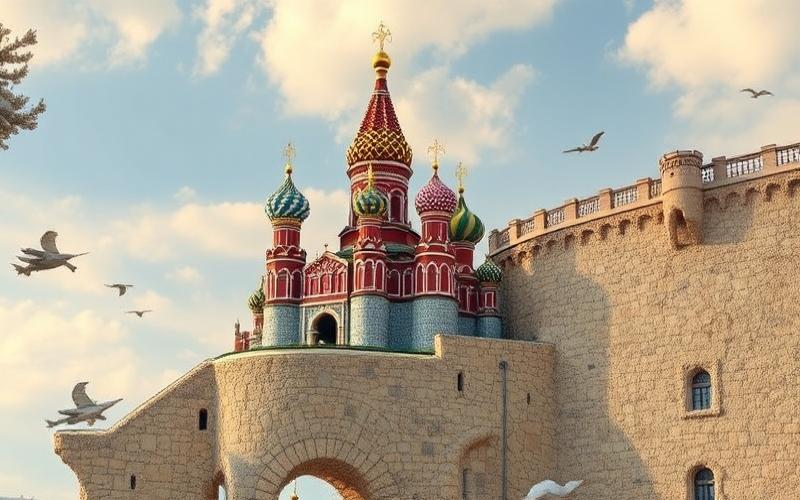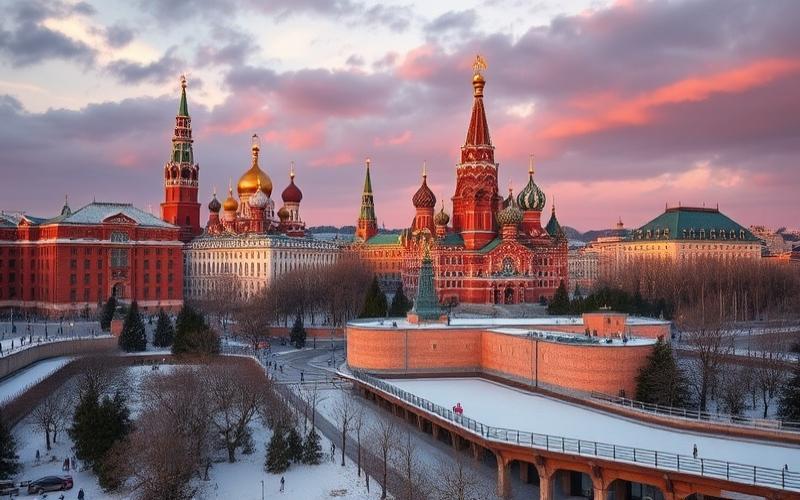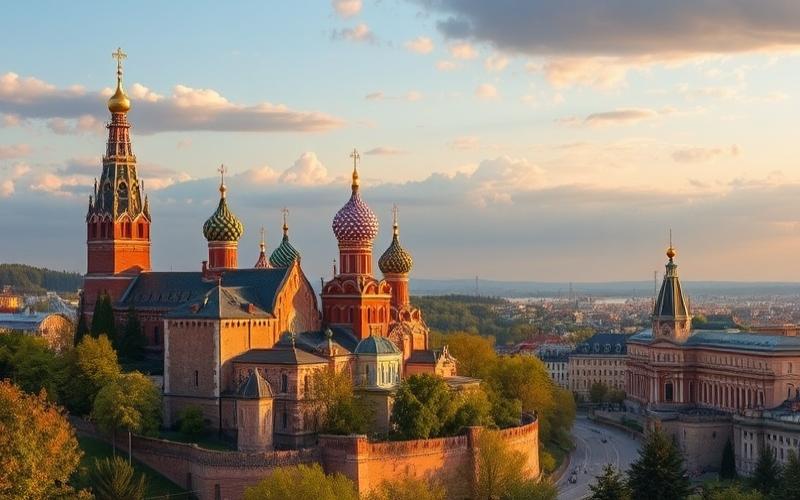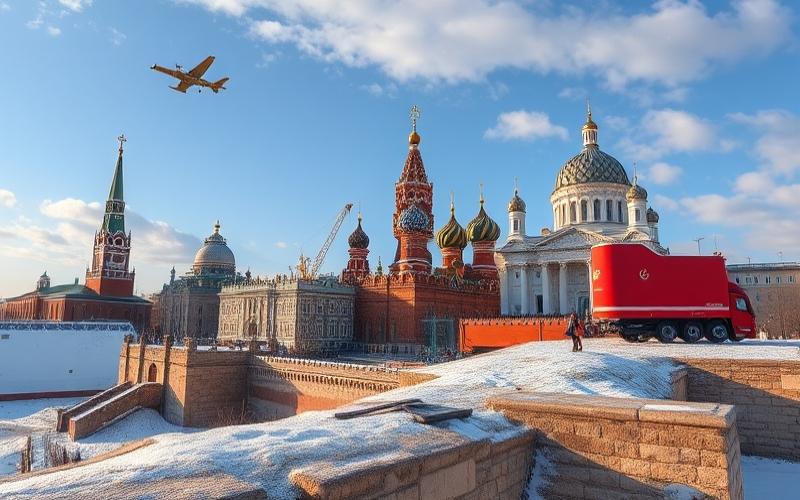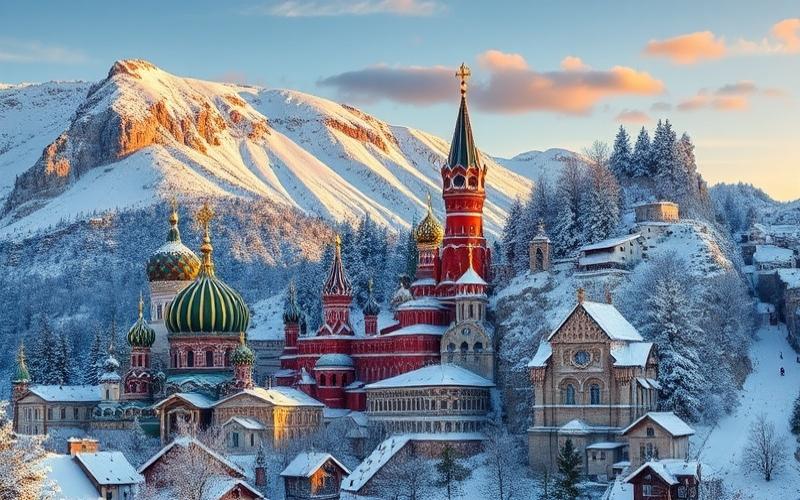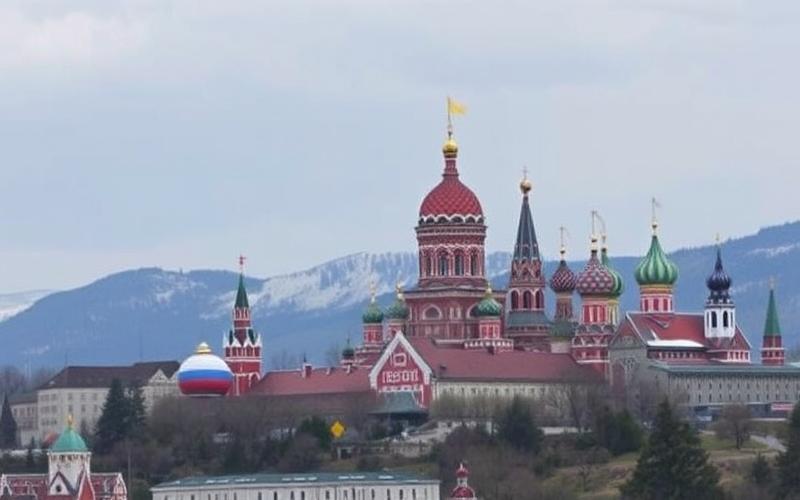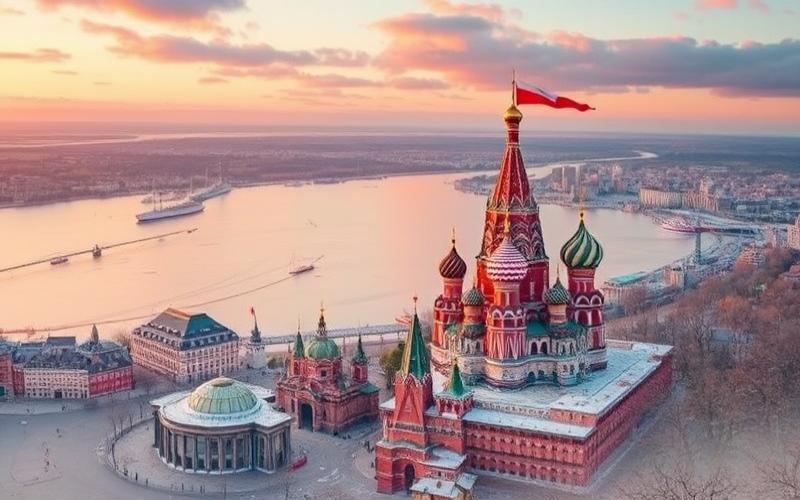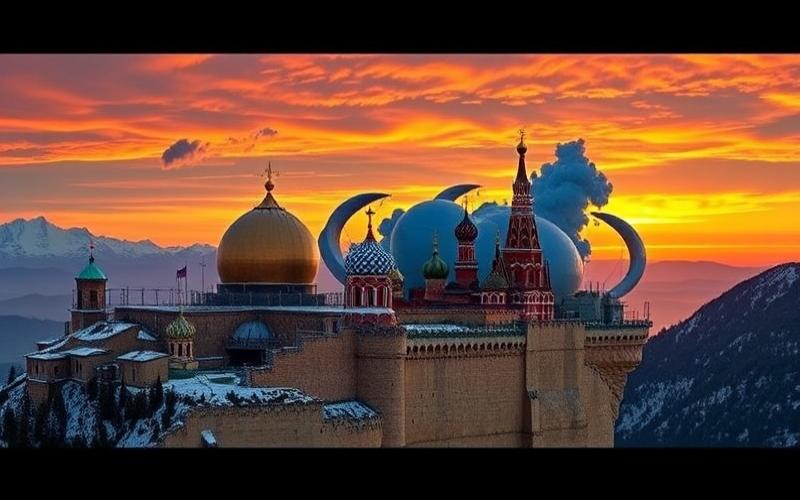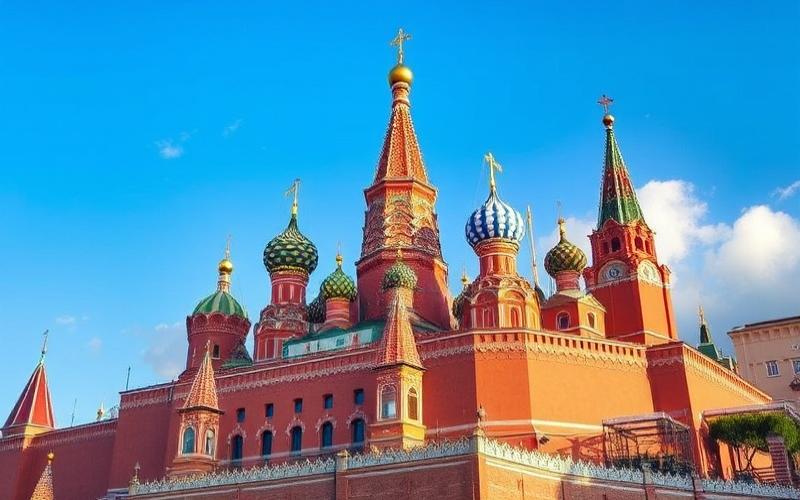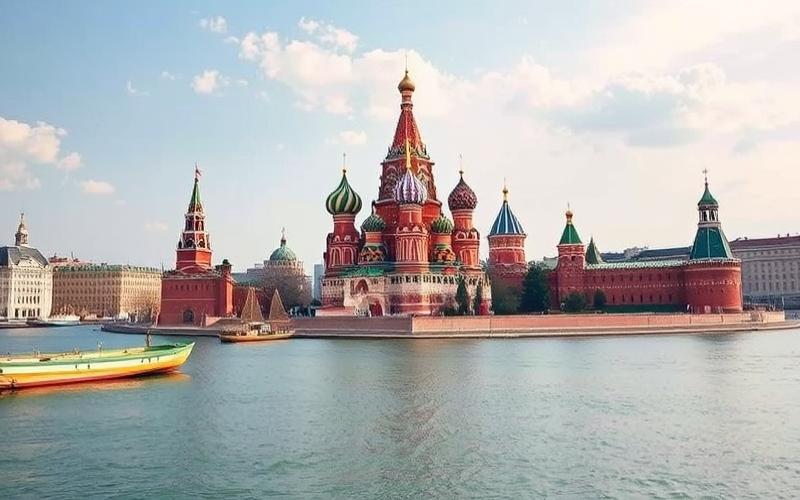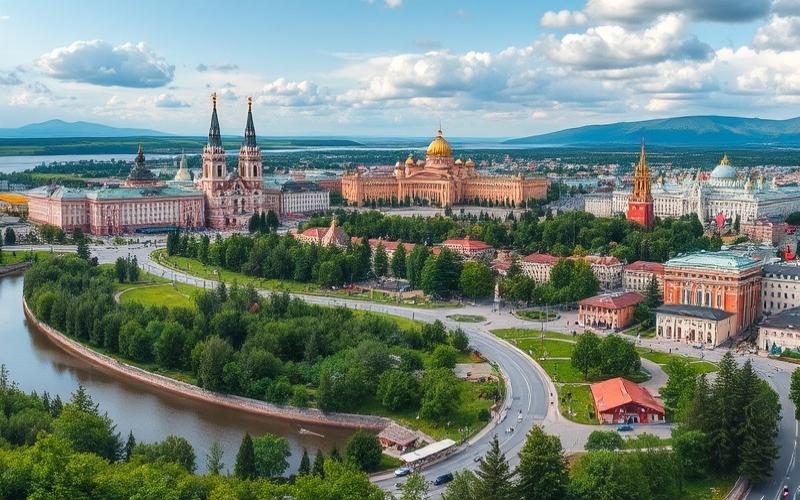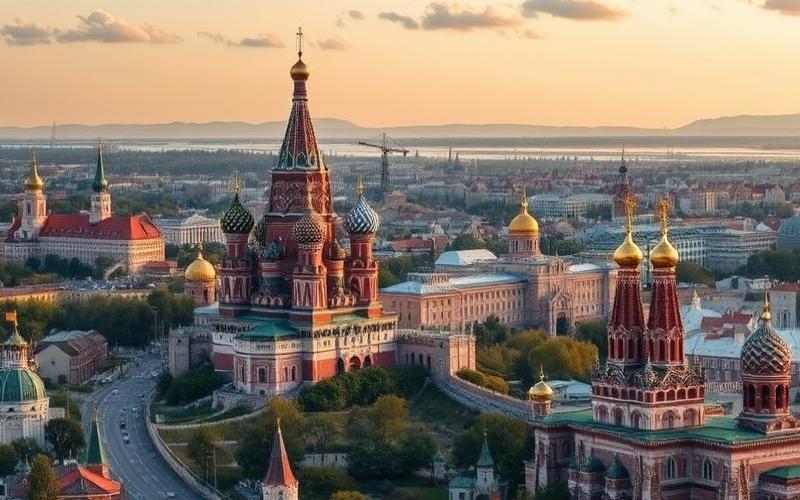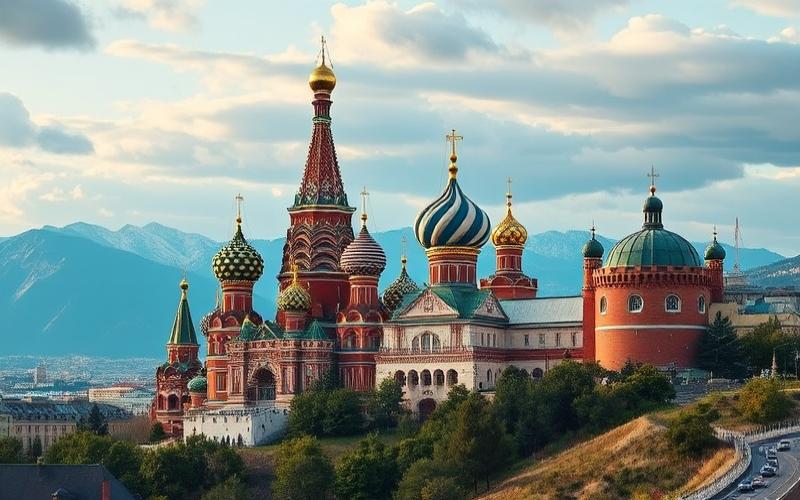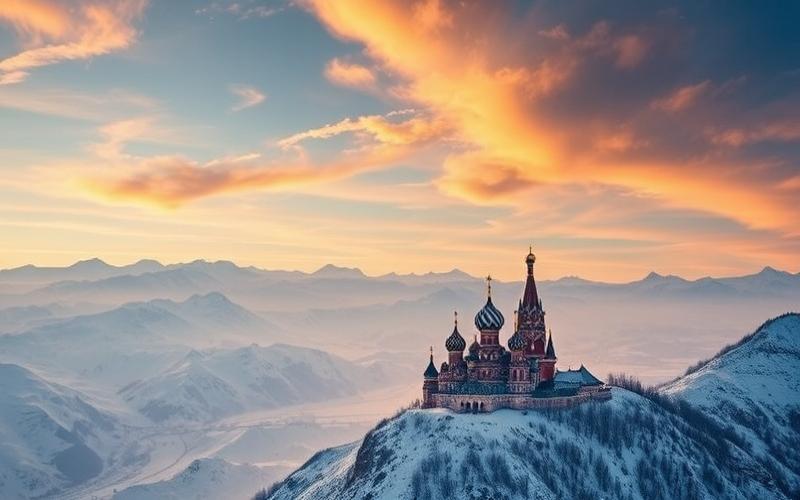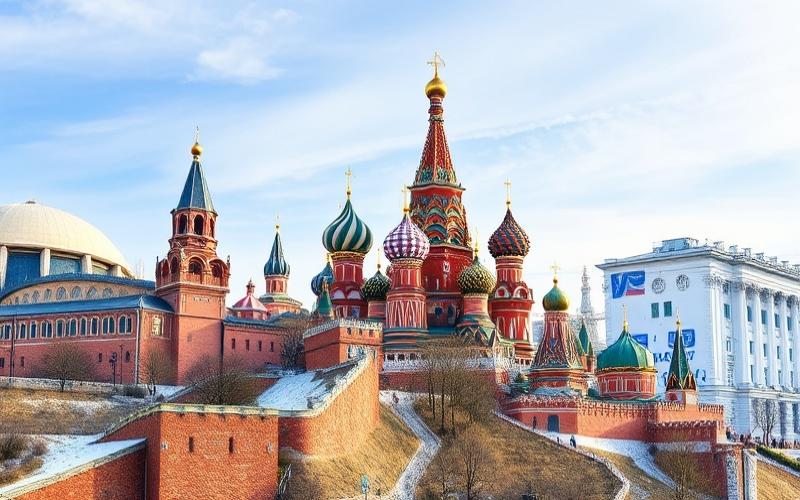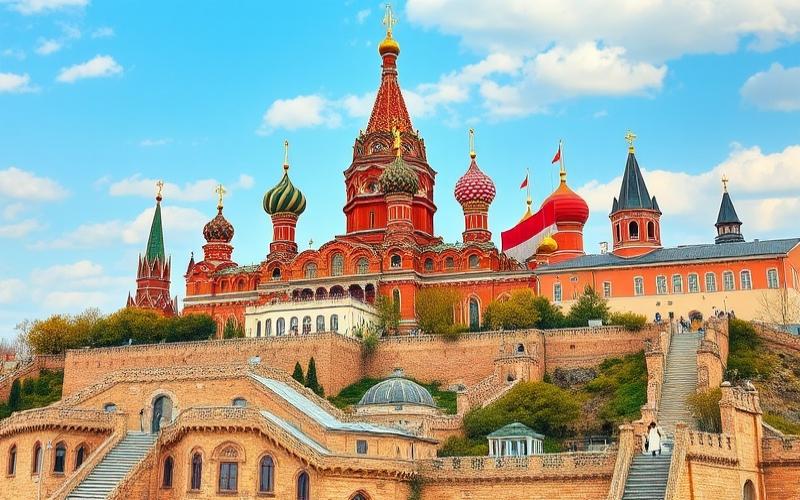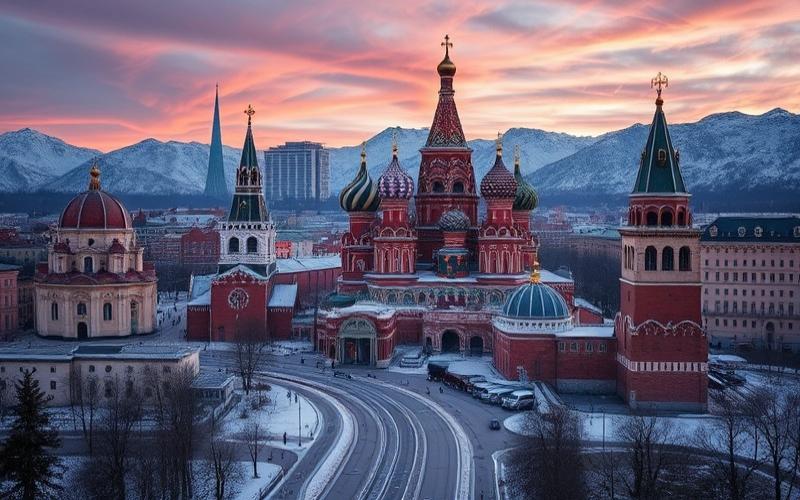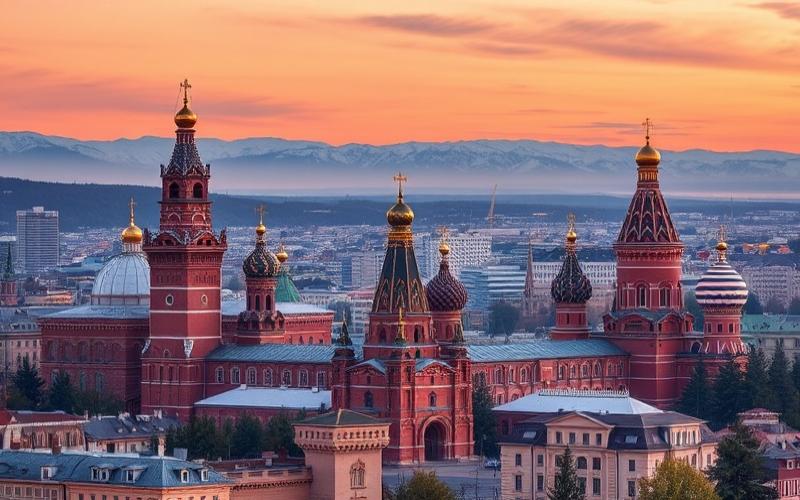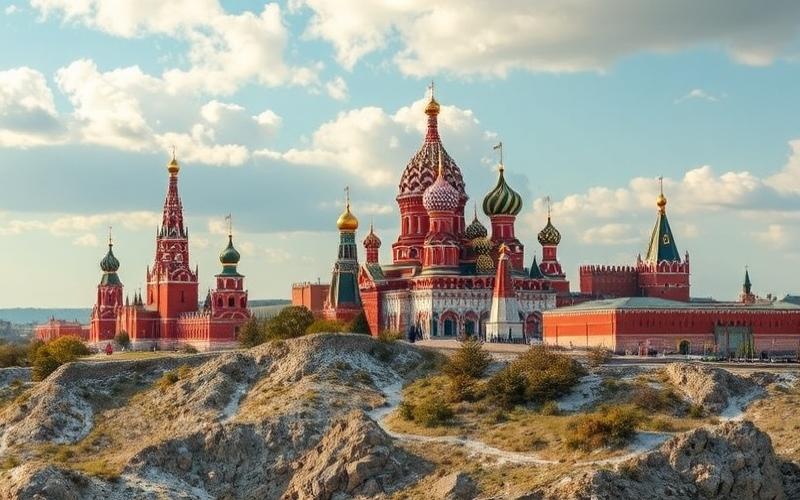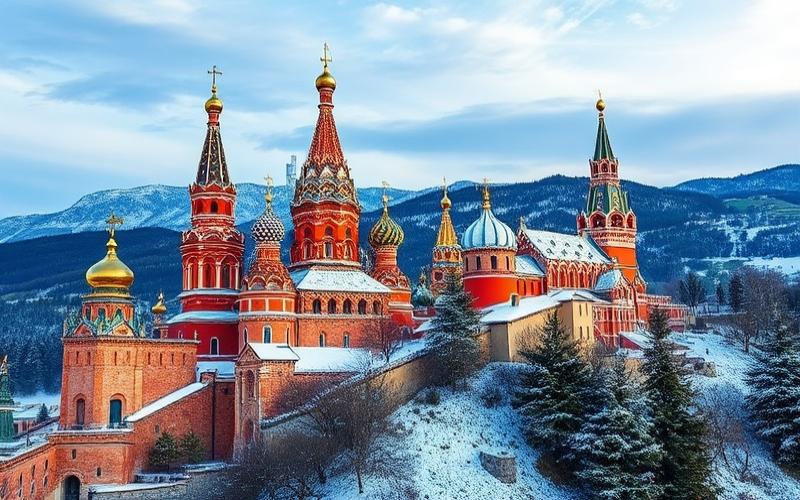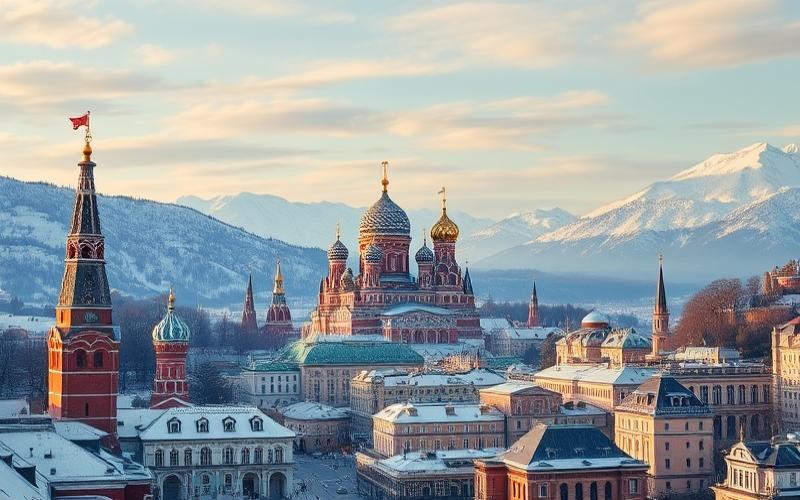
 Published on and written by Cyril Jarnias
Published on and written by Cyril Jarnias
Education in Russia is a fascinating and dynamic field, offering an engaging glimpse into an educational system that blends traditions inherited from the Soviet era with contemporary innovations. As the country continues to adapt and evolve in an era of globalization and advanced technology, it becomes crucial to explore how international schools fit into this complex fabric, building bridges between diverse cultures and teaching methods.
At a time when Russian parents are seeking educational options that stand out, these institutions offer an enriched curriculum often taught in multiple languages, opening new perspectives for younger generations.
Delving into the dynamics of Russian education means discovering a school system that navigates between tradition and modernity, with a marked commitment to improving the quality and accessibility of teaching in a country as vast as it is diverse.
International Schools in Russia: A Choice for Expatriates
Expatriate families choose international schools in Russia primarily to ensure educational continuity for their children, maintain their native language proficiency, provide a multicultural environment, and facilitate future reintegration into their home country’s educational system.
Main Reasons for Choosing International Schools:
- Continuity of international curriculum (International Baccalaureate, British, American, or French system).
- Language of instruction: predominantly English, sometimes French or other languages, which facilitates integration for non-Russian-speaking children.
- Cultural diversity: high diversity among students, with many nationalities represented.
- Teaching methods focused on interactivity, creativity, critical thinking, and personal development.
- Ease of integration in case of future mobility or return to the home country.
Differences Between International and Local Schools:
| Criterion | International Schools | Russian Local Schools |
|---|---|---|
| Curriculum | International programs (IB, Cambridge, etc.) | Russian national curriculum |
| Language of instruction | English, French, other foreign languages | Primarily Russian |
| Pedagogy | Participatory and individualized approach | More academic and structured approach |
| Cultural diversity | Students and teachers from multiple nationalities | Primarily Russian |
| Recognition | Internationally recognized diplomas | Russian diplomas recognized locally |
Advantages for Expatriate Families:
- Easier adaptation for children arriving without knowledge of Russian.
- Preservation of native language and international curriculum.
- Stimulating multicultural environment.
- Possibility of international mobility without educational disruption.
Challenges Faced:
- High tuition fees.
- Limited availability outside major cities.
- Less integration into local Russian culture for children.
- Sometimes selective admission process.
Main Russian Cities with International Schools:
- Moscow
- St. Petersburg
- Yekaterinburg
- Novosibirsk
Examples of Recognized International Schools:
- Anglo-American School of Moscow: American and international curriculum, instruction in English, great cultural diversity.
- French School of Moscow: instruction in French according to the French national curriculum.
- International School of St. Petersburg: offers the IB (International Baccalaureate) program, strong international focus.
- Deutsche Schule Moskau: instruction in German, German programs.
Expatriate Testimonials:
“The international environment of the school allowed our child to integrate quickly and not fall behind in their English learning.”
“We appreciated the pedagogical flexibility and cultural openness, but the cost remains a significant challenge for our family.”
“Our children were able to maintain a high level of French while opening up to other cultures.”
Recent Data and Trends:
- Attendance at international schools by expatriate families is growing in major Russian cities, driven by the increase in foreign executives and corporate international mobility policies.
- Over 60 nationalities are represented in some international schools in Moscow.
- Demand for bilingual and international programs continues to rise, especially in regional economic capitals.
Summary Box
International schools in Russia are a preferred choice for expatriate families, offering a multicultural environment, adapted pedagogy, and educational continuity, but with challenges related to cost and local integration.
Good to Know:
Moscow and St. Petersburg are among the Russian cities offering a wide selection of international schools, such as the Anglo-American School, which provides a curriculum in English and encourages cultural diversity; differences in teaching methods often allow for better adaptation of expatriate children. A recent study shows that 70% of expatriate families choose these schools for the continuity of the international educational program and the ease of integration they offer.
Understanding the Russian Education System
Education Levels in Russia
- Preschool education: provided for children up to 6-7 years old in accredited institutions.
- General primary education: grades 1 to 4 (7 to 10 years old).
- General elementary education: grades 5 to 9 (11 to 15 years old), duration of five years.
- General secondary education: grades 10 and 11, duration of two years. Complete secondary education is obtained around age 17-18.
- Vocational education: three levels — basic, intermediate, and higher, provided in technical lyceums and colleges; these tracks allow for professional specialization after compulsory education.
| Level | Typical Age | Duration | Diploma Obtained |
|---|---|---|---|
| Preschool | 1-6 years | Variable (2-3+ years) | – |
Russian higher education is divided into three cycles:
- Bachelor’s/Specialist Degree (4-5 years)
- Master’s (2 years after bachelor’s)
- Doctorate/PhD
Legislative and Administrative Framework
The Russian education system is governed by the Federal Law on Education, which defines mandatory state standards for each level. The main administrative bodies are:
List of Main Institutions
- Ministry of Education of the Russian Federation
- Ministry of Science and Higher Education
- Federal Agency for Quality Control in Education
These ministries establish national education policies, approve mandatory curricula, and oversee institutions.
Organization of the School Curriculum
The Russian school curriculum is based on a common core defined by the state:
Compulsory Subjects
- Mathematics
- Russian Language
- Literature
- Natural Sciences (Physics, Chemistry, Biology)
- History
- Geography
- Computer Science
Optional Subjects
- Foreign languages other than Russian
- Visual Arts
- Music
- Physical Education
Schools may offer additional options based on their resources or specialized profile.
Specific Characteristics of the Russian Education System
Official duration: Compulsory schooling spans nine years, covering primary + elementary; however, the full curriculum up to grade 11 is essential for university access.
National exams: At the end of the elementary cycle (grade 9), an official exam certifies the intermediate certificate. In the final year (grade 11), students take the Unified State Exam (ЕГЭ, “Yediny Gosudarstvenny Ekzamen”), equivalent to the French baccalaureate; it determines access to both certain vocational tracks and universities.
| Exam | Level |
|---|---|
| Intermediate Certificate (“Attestat ob Osnovnom Obshchem Obrazovanii”) | grade 9 |
| Russian Baccalaureate (“Attestat o Srednem Obshchem Obrazovanii” + ЕГЭ) | grade 11 |
Recent Reforms and Current Challenges
Main developments:
List of Reforms
- Gradual adoption of a European model with bachelor’s/master’s/doctorate cycles;
Major Challenges
- Marked regional inequalities in the quality of school infrastructure;
- Difficulty in equitable access to digital resources outside major cities;
- Maintenance of a high but variable rate depending on rural/urban regions;
- Accelerated technological integration since the pandemic has revealed a persistent digital divide;
Illustrative statistics:
Net gross enrollment rate primary-secondary: approximately 81% among youth aged seven to seventeen.
Total number of general schools: approximately 70,000, hosting more than twenty million children.
The Russian education system remains centralized around state standards while evolving towards greater academic diversification. Regional disparities persist in public funding and technological availability, despite an overall high rate of school access.
Good to Know:
The education system in Russia is regulated by the federal law on education, with compulsory schooling spanning 11 years, while recent reforms aim to reduce regional disparities, particularly by integrating modern technological tools. Additionally, the Russian baccalaureate, equivalent to the secondary school completion certificate, is crucial for university entry and includes compulsory subjects like mathematics and Russian.
Tips for Expatriate Families on Education in Russia
Education Options for Expatriate Children in Russia
- International schools: Offer instruction in English or in the language of the home country (e.g., Anglo-American school, British school, English International School, International School of Moscow). Often attended by long-term expatriate families or those planning to continue studies abroad.
- Bilingual public and private schools: Mainly present in large cities. They allow children a smoother transition between the Russian educational system and that of their home country (French lycée, Italian school, etc.).
- Local Russian school system: Open to expatriates under certain conditions. Integration possible depending on language level and child’s age.
Practical Tips for Choosing a School
- Curriculum offered (international, national, or hybrid)
- Primary language of instruction
- Accreditations and international recognition
- Geographic proximity to family home
- Services offered: language support, extracurricular activities
- Class size and attention given to students
Enrollment Process and Timelines
| School Type | Process | Indicative Timelines |
|---|---|---|
| International | Complete application + possible interview | January to June; sometimes waitlist |
| Bilingual | Language test + academic records | Variable; often from February/March |
| Local | Registration via municipality/school administration | According to Russian calendar (late spring) |
Frequently requested documents:
- Child’s & parents’ passport/visa
- Previous school certificates translated into Russian or English
- Proof of residence
Preparing for Cultural and Educational Transition
Tips to support your children:
- Visit the school before the start of the school year with your child to facilitate adaptation.
- Involve children in choosing extracurricular activities so they quickly build a social network.
Available language support:
- Intensive Russian courses in small groups or individually upon arrival.
- Specific support in some bilingual/international schools with specialized teachers.
Overview of Education Costs in Russia
| Type | Estimated Annual Fees | Other Possible Expenses |
|---|---|---|
| International School | €10,000 – €30,000 | Uniform, private transport |
| Private Bilingual School | €4,000 – €15,000 | Extracurricular activities |
| Local Public System | Free or low cost | Textbooks, excursions |
Note: Fees vary significantly depending on the institution’s reputation.
Family Testimonials / Quotes
“We chose an international school for our son so he could continue his studies in the UK afterward. The teaching staff was very attentive during the integration process.”
“Enrollment at the French lycée was quite easy thanks to their dedicated support for expatriate families.”
Useful Additional Resources:
Non-exhaustive list:
- — Detailed global selection of international schools
- — Specialized guide on Moscow
Dedicated forums such as Expatclic also offer exchanges between newly settled families.
For any specific procedures regarding local/Russian school enrollment: contact the relevant consulate/municipality as well as FranceRussieServices, which assists with family administrative procedures.
Good to Know:
Expatriate families should consider international schools, bilingual schools, or the local system for education in Russia; it is essential to check the language of instruction, curriculum, and distance from home. Do not miss enrollment deadlines and explore language support options to facilitate your children’s cultural integration.
Disclaimer: The information provided on this website is for informational purposes only and does not constitute financial, legal, or professional advice. We encourage you to consult qualified experts before making any investment, real estate, or expatriation decisions. Although we strive to maintain up-to-date and accurate information, we do not guarantee the completeness, accuracy, or timeliness of the proposed content. As investment and expatriation involve risks, we disclaim any liability for potential losses or damages arising from the use of this site. Your use of this site confirms your acceptance of these terms and your understanding of the associated risks.

